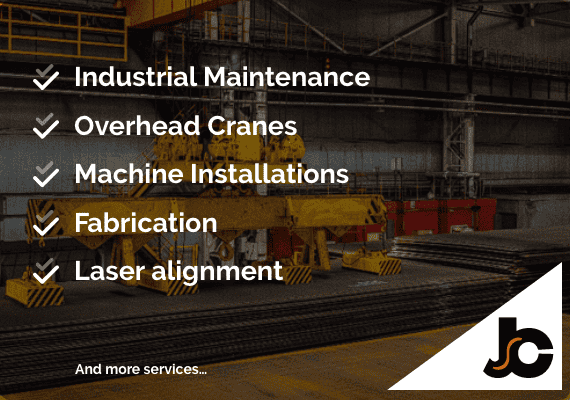Outsourcing contractors can be beneficial to your and your business. In fact, they can actually help your business survive, particularly in today’s business climate. Reducing costs while still maintaining a high-quality product and service for clients is crucial for business growth. While many argue that hiring reliable full-time workers, actually contractors are just (if not more) reliable, plus are experts in their field.
At Jones Complete Services, you can trust the experts we hire. This is because we only work with licensed professionals so that you can get the high-quality custom solutions you deserve. This blog will outline why outsourcing a contract might not only be the best option for your business but can actually help it survive in times of business turmoil.
Contractor: The Definition
A contractor is a person hired for a specific role or set amount of time. They are not full-time employees and are only paid for a particular period of time or hours worked. This means that there is flexibility in terms of when they’re hired – in short, you hire them when you need them, not for any other time.
Typically a contractor is an expert in their field: they can come in and work with a team with minimal introduction time.
Contracting Saves Money
This is typically thought of as the main benefit of hiring contractors. While many companies are apprehensive to outsource work to these types of workers, as they typically charge a lot per hour or per day worked. However, full-time employees require plenty of other costs, as well as a guaranteed income for the entire period that they work for you. These costs include:
- Superannuation,
- Insurance,
- Uniform,
- Equipment,
- PAYG tax obligations,
- Fringe benefits tax
- The entire hiring process
However, when hiring a contractor a lot of these costs aren’t needed, plus, you know that you only need to pay them for as long as the job lasts, and not a minute longer.
Expertise
There is often a lengthy onboarding process when welcoming in a full-time employee. They require lengthy inductions, introductions, and any necessary learning to be able to fulfil their role properly. However when hiring someone for a specific job, often you can skip the unnecessary learning and onboarding because they are experts in this specific skill or trade. This means that they are able to come in and join a job or task with minimal guidance or instruction. They show up to complete the job at hand, and that’s why they’re so useful, particularly for rapid or intensive work.
They’re Far More Flexible
This is particularly important if your business is likely to go through cycles of work available. Contractors are far more useful than full-time workers for industries where companies go through busy and quiet periods. You know that you aren’t wasting unnecessary money on their wages when you go through a quiet work period. Instead, you hire as and when you need and are safe in knowing that these people will do the job excellently for the period they are hired. If a job extends, it’s easy to extend a contract, but it is far harder to let an employee go because the industry is less busy for a specific period.
They’re Likely to Have All Qualifications and Standards
Because of the nature of their work, contractors are far more likely to keep up to date with their latest certifications and safety standards. They know that they could be hired for a job within the week, so it’s just as important to them to keep up to date as it is for your business. Whenever you hire externally, you know that this person is coming ready to do the job without wasting extra time on updating their knowledge with the latest qualifications.
Running a business is always a complicated process. Especially in today’s business climate, it’s sometimes not about making it work to thrive; it’s actually about survival. One of the ways that you can ensure your business is constantly putting its best interests first is by hiring contractors instead of full-time employees. It’s both time and cost-efficient: you’re hiring experts for a specific job or time period, and not a moment longer. There’s less onboarding and more time working. Plus, if the industry has a quiet period, you don’t have to waste unnecessary money on maintaining wages.











